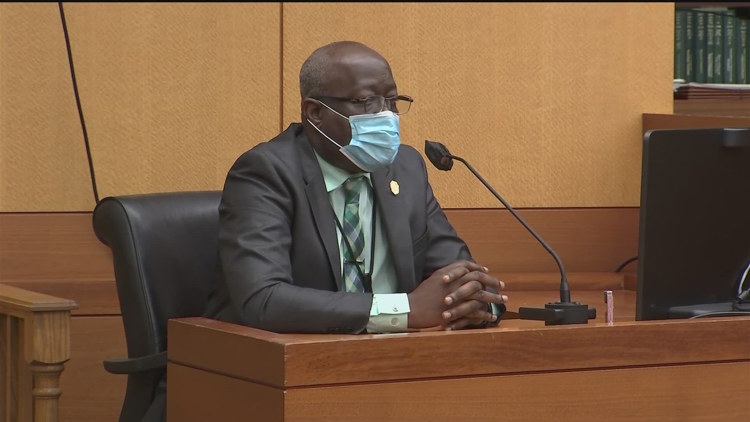Harris cynically rediscovers Obamacare a month before Election Day
Harris is ready to make war on insurance companies, completing Sen. Bernie Sanders’s (I-Vt.) vision of socializing the means of production.

Remarkably, before his defenestration, Joe Biden had not made healthcare much of an issue in his re-election campaign. This seemed unusual. It was the first time since Bill Clinton’s 1992 race that the creation of national health insurance hadn’t emerged as a major campaign issue.
Biden’s relative silence on healthcare was all the more surprising given that he had long made healthcare a signature issue, as he did in the 2020 race. He talked about healthcare in his swan song speech at the Democratic Convention, but it came off as small-ball and tired.
There is a reason. His Cancer Moonshot had made no gains. A measly $150 million boost, announced at Tulane this summer isn’t going to change that. Healthcare costs are skyrocketing helping to power overall inflation. His endless promise of negotiating lower Medicare prices for drugs never made a dent in overall spending. Obamacare, despite promises of lowering costs, required Biden to pump nearly $100 million in subsidies last year to keep the program solvent.
The irony of dipping into the already shaky Medicare Trust Fund for these monies went unnoticed. Perhaps trying for a footnote in history, he turned to Jill to instruct the cabinet on issues related to women’s health.
His potential successor, Kamala Harris, seems hell-bent on differentiating herself from the man to whom she owes so much. Healthcare now looks to be the topic where she can put the most distance between Biden and herself. When it comes to healthcare, her campaign website offers more details than any other of her policy positions.
Not surprisingly, her plan looks like a carbon copy of the arguments made for Obamacare 14 years ago, with one exception.
Like Obamacare, it promises federally funded coverage for everyone. She doesn’t, however, offer the smokescreen of “If you like your insurance company, you can keep your insurance company.” Rather, Harris is ready to make war on insurance companies, completing Sen. Bernie Sanders’s (I-Vt.) vision of socializing the means of production.
Sanders always sought to socialize much of the healthcare industry — extensively regulating hospitals and doctors to make them deliver only the scope of care and at prices deemed appropriate by the government. Pharmaceutical companies would fare even worse with the government regulating their profits and steering their research into new drugs.
To pay for her expanded vision of Obamacare she goes to the left of Sanders.
She adopts Sanders’s ideas of an income-based premium for the employer’s share of Medicare premiums, higher taxes on the top 1 percent, and taxing capital gains as ordinary income, Harris would additionally impose transaction taxes on stock and bond trades that would amount to $2 on every $1,000 involved. Welcome back to the inefficiencies of the pre-internet world of brokerage commissions.
One reason Harris is focused on promises related to healthcare is they distract from the policy train wrecks to which she is directly connected — the border, being the last person in the room when the Afghanistan withdrawal was decided, and plans to cripple the economy in the future with price controls.
In every case, Harris brings a deadly combination of progressive zeal, economic ignorance and complete managerial incompetence. From rising insurance costs and slowing drug development to declining public trust in faltering public health agencies like the Centers for Disease Control and Prevention, Food and Drug Administration and National Institutes of Health, the nation needs a leader who can push American healthcare into a better future.
Carl Schramm is a professor at Syracuse University and a fellow at the Johns Hopkins Institute for Applied Economics, Global Health, and the Study of Business Enterprise.
What's Your Reaction?


























































